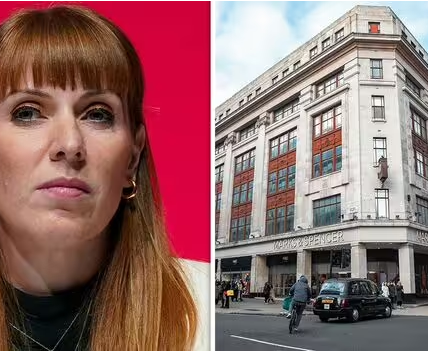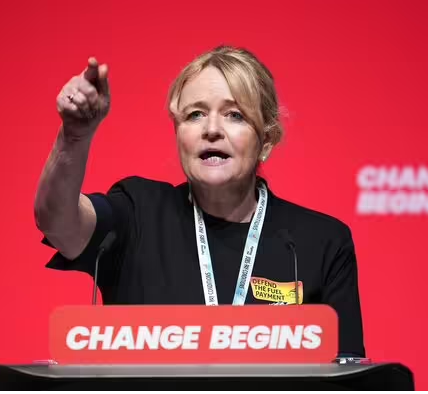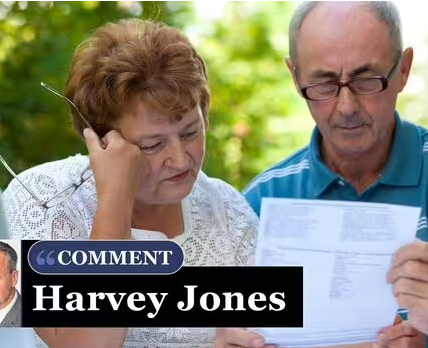Chancellor accused by Tories and businesses of damaging growth as experts fear levy rises

Chancellor Rachel Reeves’s tax rises have been blamed for damaging the economy (Image: Getty)
Rachel Reeves has been accused of creating a “tax time bomb” as Britain’s economic slump continued and experts warned a recession was looming. Conservatives blamed the Chancellor’s tax rises after new figures showed the economy shrank by 0.1% in May, following a 0.3% drop in April, with manufacturing and construction suffering most.
But the downturn, coupled with expensive U-turns over winter fuel payments and disability benefits, means the Chancellor could be forced to impose even more tax increases to balance the books in her autumn Budget, economists said. Highlighting increases in National Insurance, Shadow Chancellor Sir Mel Stride said: “Thanks to Labour’s reckless choices, the economy actually shrank in May. This will pile even further pressure for tax rises in the autumn.
“Labour’s costly U-turns, on winter fuel and welfare, have created a ticking tax time bomb.
“Under Labour, we have seen taxes hiked, inflation almost double, unemployment rise, and growth stagnate. With more taxes looming, things will only get worse and working people will pay the price.”
Ms Reeves joined Sir Keir Starmer and Cabinet colleagues for an away day at the Prime Minister’s Chequers country retreat in Buckinghamshire on Friday, where the Labour leader led talks about a “refresh” of his government following a series of humiliating U-turns.
Global trading conditions, including US tariffs, contributed to the UK’s poor economic performance, but employers said they were suffering because of the Chancellor’s decision to increase taxes on employers and hike the minimum wage.
Ben Jones, lead economist at the Confederation of British Industry, said: “With business costs rising, many firms are maintaining a cautious approach to investment.
With growing fiscal challenges and the autumn Budget on the horizon, the Chancellor must provide clear reassurance – no new taxes on business and instead offer a commitment to work alongside firms to dismantle barriers to growth.”
However, the slowdown means tax revenues may be lower than expected and force the Chancellor to find more money from somewhere, according to Susannah Streeter, head of money and markets at financial services firm Hargreaves Lansdown.
She said: “A fall in activity is likely to hit tax receipts, just at a time when there’s a bigger hole to fill after the Government was forced to backtrack on spending cuts to welfare.”
Restoring winter fuel payments to most pensioners and axing cuts to Personal Independence Payments means Chancellor is spending £6.5billion more than planned.
But the Institute for Economic Affairs said plugging the gap with taxes could plunge the economy into recession.
Julian Jessop, economics fellow at the free market think tank, said: “Another negative shock in the autumn Budget could easily be enough to tip the economy over the edge again.”
Matthew Ryan, head of market strategy at global financial services firm Ebury, warned: “Britain may be heading for recession far sooner than markets had anticipated.
“Consumers and businesses are being hammered on multiple fronts. The Government’s much maligned business tax increase is proving particularly damaging, as this is not only squeezing bottom lines, but clobbering Britain’s labour market.”
Earlier this week, the Prime Minister refused to rule out stealth increases in income tax, which could involve extending a freeze on tax thresholds rather than increasing them in line with inflation.
Ms Reeves last year insisted: “I have come to the conclusion that extending the threshold freeze would hurt working people.” But asked by Conservative leader Kemi Badenoch if the Government could make this same commitment now, Sir Keir told Parliament: “No Prime Minister or Chancellor is going to write a Budget in advance.”
Ms Reeves is also under pressure from Left-wing Labour backbenchers to introduce a wealth tax, which she has not ruled out.


